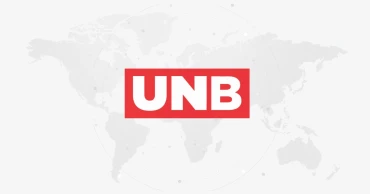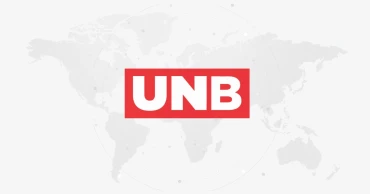Languages
Research is vital to preserve, revitalise and develop mother languages: PM
Prime Minister Sheikh Hasina on Tuesday stressed the need for research to preserve, revitalise and develop the mother languages of the world as many languages are being lost.
“I always put emphasis on research. The reason is that enrichment of anything is not possible without research,” she said.
The PM said this while inaugurating a four-day programme of the International Mother Language Institute at Segunbagicha to mark the Martyrs’ Day and International Mother Language Day-2023.
She said the government will take steps to provide fellowship for language research in the International Mother Language Institute.
“I think this institute has a responsibility to preserve all the languages of the world, conduct research on these and know the history of languages. I think it can be done,” she said.
Hasina said she, if needed, will arrange funds to provide fellowship for language researchers.
She said today Bangladesh has attained food autarky thanks to research. “Now research is extensively needed in different sectors including science and health,” she added.
In this context, the PM said the government provides fellowship and stipends to 24 million students in Bangladesh and free textbooks to the school students.
She said her government raised the literacy rate to 65.5 percent from only 45 percent during the 1996-2001 tenure and got an award from UNESCO for this achievement at that time. Then her government formed a fund with the award money to provide stipend for higher education.
“Coming in power in 2009, now we’ve raised the literacy rate to 75.2 percent. So, we are advancing (in terms of education),” she said.
Read more: Making Bangla UN's official language involves huge money: Shahriar Alam
“Many languages in different countries are being lost…We want the engendered languages of the world to be preserved here and research to be conducted on these. We’re giving the utmost importance to research. I want International Mother Language Institute to make a huge contribution to preserve the languages,” she said.
3 years ago
Languages essential tools to communicate, share knowledge: UN expert
States must be more inclusive in the treatment and use of minority and indigenous languages, the UN Special Rapporteur on minority issues, Fernand de Varennes, said on Monday ahead of International Mother Language Day.
“Languages are essential tools to communicate and share knowledge, memory, and history, but they are also key to full and equal participation,” he said in a statement issued from Geneva.
One of the most effective ways of empowering minorities and indigenous peoples is to guarantee the use of their language in education – particularly as medium of instruction – as long as it is practical, and to provide public services and employment opportunities in these languages, said the UN Special Rapporteur on minority issues.
He said language rights are also important human rights matters for both minorities and indigenous peoples.
“Special Rapporteurs, including my own mandate, have already been critical of the reduction, and in some cases exclusion, of education in minority and indigenous languages which are discriminatory and thinly disguised efforts to assimilate minorities and indigenous peoples.”
Read more: Help us in relocating Rohingyas to Bhasan Char: PM Hasina urges UN
The UN expert said rather than reducing or even eliminating the use of minority and indigenous languages in education, States should invest in the development of teaching materials, the training of teachers and the promotion of mother tongue as a medium of instruction – where feasible – to ensure that minority and indigenous children are provided with the literacy and numeracy skills that will be most useful in learning other languages, including official languages.
“This is the most effective way of guaranteeing equality and non-discrimination with respect to international law,” he said.
In celebrating the richness and beauty of the global linguistic tapestry, it is essential to move away from new forms of nationalist majoritarianism that assume that societies and states should have only one language to the exclusion of all others, said the UN expert.
“This is inconsistent with inclusive societies that are respectful of the human rights of linguistic minorities and indigenous peoples. International Mother Language Day and the International Decade of Indigenous Languages are opportunities to promote and celebrate the world’s linguistic and cultural diversity – and to fully recognise and protect equally the human rights of minorities and indigenous peoples and their languages,” he said.
3 years ago



